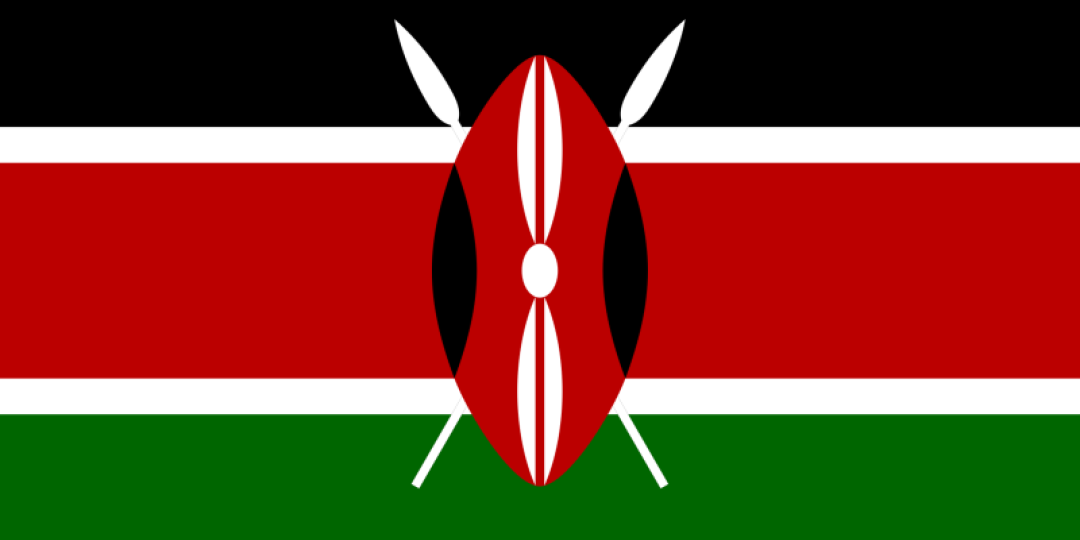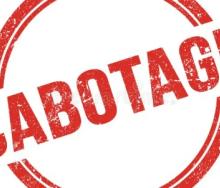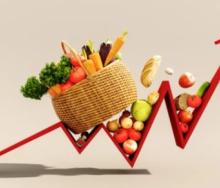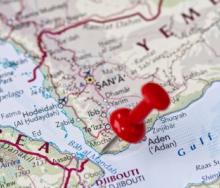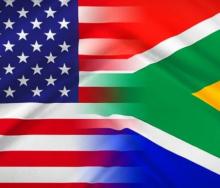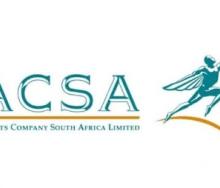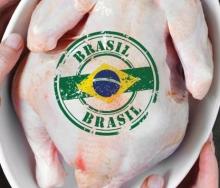Kenya is exporting jobs worth millions even as a large fraction of its population remains jobless, leading to disillusioned youths taking up arms in the country.
This according to a report released by the Trade Law Centre (Tralac) yesterday which noted that the loss of job opportunities spanned various industries in the East African economy, including the leather and manufacturing sectors.
The report found that while Kenya exported animal hides to China and India valued at over US$19 million, it imported finished leather products at a cost of more than US$30 million from the two Asian countries.
“Additionally, the country has spurned an opportunity to revamp its manufacturing industry through value-addition in some of its agricultural produce such as tea, coffee, fish or even tomatoes,” said Tralac’s Dominic Omondi. “This situation has seen the manufacturing sector stagnate at 10% of gross domestic product (GDP) for more than a decade.”
He noted that the country was currently importing more value-added products than it was exporting, which was problematic because these value-add products were usually related to the raw goods exported by Kenya which were sold back to the country at a premium price.
“As the country’s middle class has grown and with it a taste for fine things, Kenya has aggressively raided its fast-depleting reserve of foreign currency to import what was basically supposed to have been made in Kenya,” said Omondi. “In 2016, the country imported tea – yes, tea – valued at US$157 million from Rwanda, Uganda, Tanzania and India. Yet Kenya is famed for producing one of the finest teas, if not the finest, in the world.”
He pointed out that the countries to which Kenya exported its fruit, such as the Netherlands, Spain, and Germany, exported fruit juice at an estimated value of almost US$6 billion. Meanwhile Kenya spent around US$6.3 million to import fruit juice from the countries to which it had exported its fruit.
“Kenya, one of the main players in the growing of tropical fruits, is not even a fringe player in the US$15-billion fruit juice market,” he said.
Dr Timothy Njagi, a research fellow from Tegemeo Institute, a public policy think-tank affiliated to Egerton University, said that Kenya’s only value addition was in agro-processing and that most farming was subsistent in nature with low industry linkages.
In his State of the Nation Address earlier this year, president Uhuru announced his administration’s intention to increase the share of manufacturing from the current 10% of GDP to 15%.
“Achieving 15% contribution to the GDP for the manufacturing sector is only possible if the country focuses on making local manufacturing competitive,” said Kenya Association of Manufacturers CEO, Phyllis Wakiaga. “One way to do this is to increase value addition to boost the value of exports and ease the country’s import bill.”
